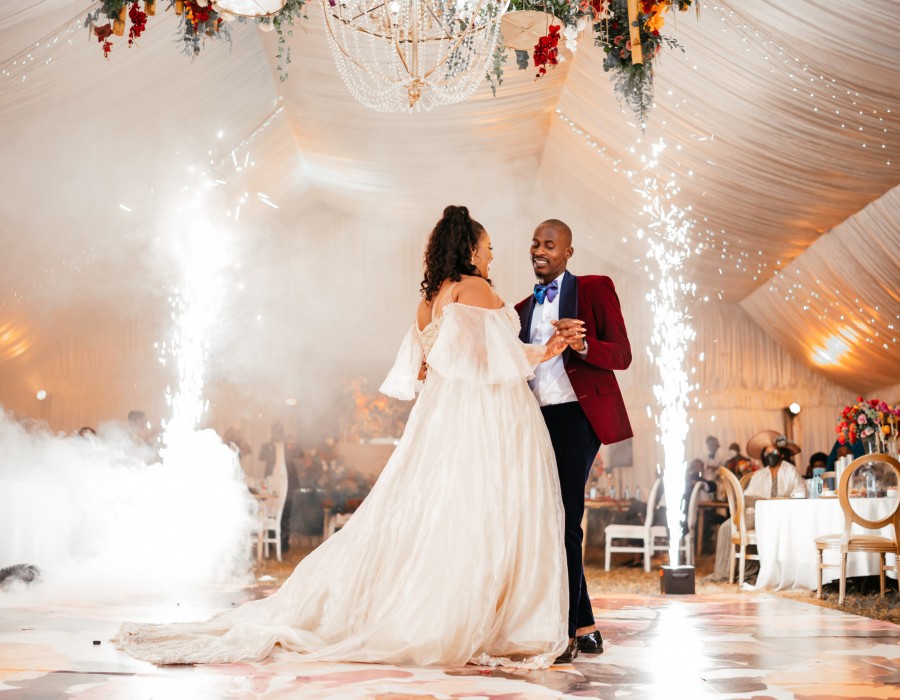Make sure your event plan includes the essentials because it will serve as the foundation for the entire event. Despite the fact that this may seem like a long list, we've broken it down into manageable steps so you can start right away.

Here are our five steps in an event plan without further ado.
- Develop Your Event Goal and Objectives
Setting up specific goals and objectives is the first stage in arranging your event.
To begin, ask yourself why you are staging this event and what you intend to accomplish.
Prior to preparation, you should be aware of the main objectives of your company in order to make sure that every aspect of your event is successful.
Are you attempting to solicit contributions for your next project or generate awareness for a certain cause? Do you want to draw 50 or 500 people?
Your team will have an easier time ensuring that you meet your goals if you set them with quantifiable criteria of success.
Decide what will happen if you achieve, surpass, or fail to reach your goal. What time do you call it a day? When will you be able to perform an action-packed task following time? You'll arrive there more quickly if you know where you're heading.
- Establish Your Budget
One of the most crucial steps in event planning is deciding on a budget.
You and your team can generate ideas within practical bounds by creating a sound budget. This implies that the aspects of your event that you are most looking forward to the remaining top of mind. Instead, they are simply readjusted to fit within your budget.
Some of the critical expenses you need to include in your budget are:
- Venue: Included in this price should be the rental as well as any necessary insurance.
- Food and Drink: This section pretty much speaks for itself. However, keep in mind that the number of tickets you can sell may also depend on how much you can spend.
- Entertainment: This category can be tailored however you need it to be; whether it's designated for speakers, a DJ, make sure you leave room for travel and lodging expenses in addition to any compensation.
- Décor: Will you use a homemade mason-jar motif or something a touch more upscale? You can choose the one you can afford by determining the fees upfront.
- Staff: It's possible that this category is sometimes overlooked, but it's crucial to factor in your staff's travel and housing expenses, especially if you plan to travel. You can determine whether that extra meeting is worthwhile by even budgeting staff time (what would they be doing with their time if they weren't working on this event?).
- Software: If you aren't currently paying for any kind of event management software, try incorporating it into your event planning. You can choose to advertise your event on Facebook or go old-school by posting fliers all over the city. The software can help you automate tasks, save time, and give your employees greater freedom.
- A/V: This category covers a wide range of charges, including those for speakers, projectors, and wi-fi.
- Miscellaneous: Even the most well-prepared event will incur some unexpected fees. Including them in your budget can help you avoid being caught off guard.
Even while some of these expenses aren't yet fixed prices, such as if you haven't chosen a location, it's crucial to keep your budgetary limits in mind before making such choices.
Want the best event planner in Kenya and Nairobi? Chic-aura.com is a remarkable online website that offers professional event management services to provide you with the greatest assistance and ensure the success of your event. For further info, visit our site.
For more info:-





Comments